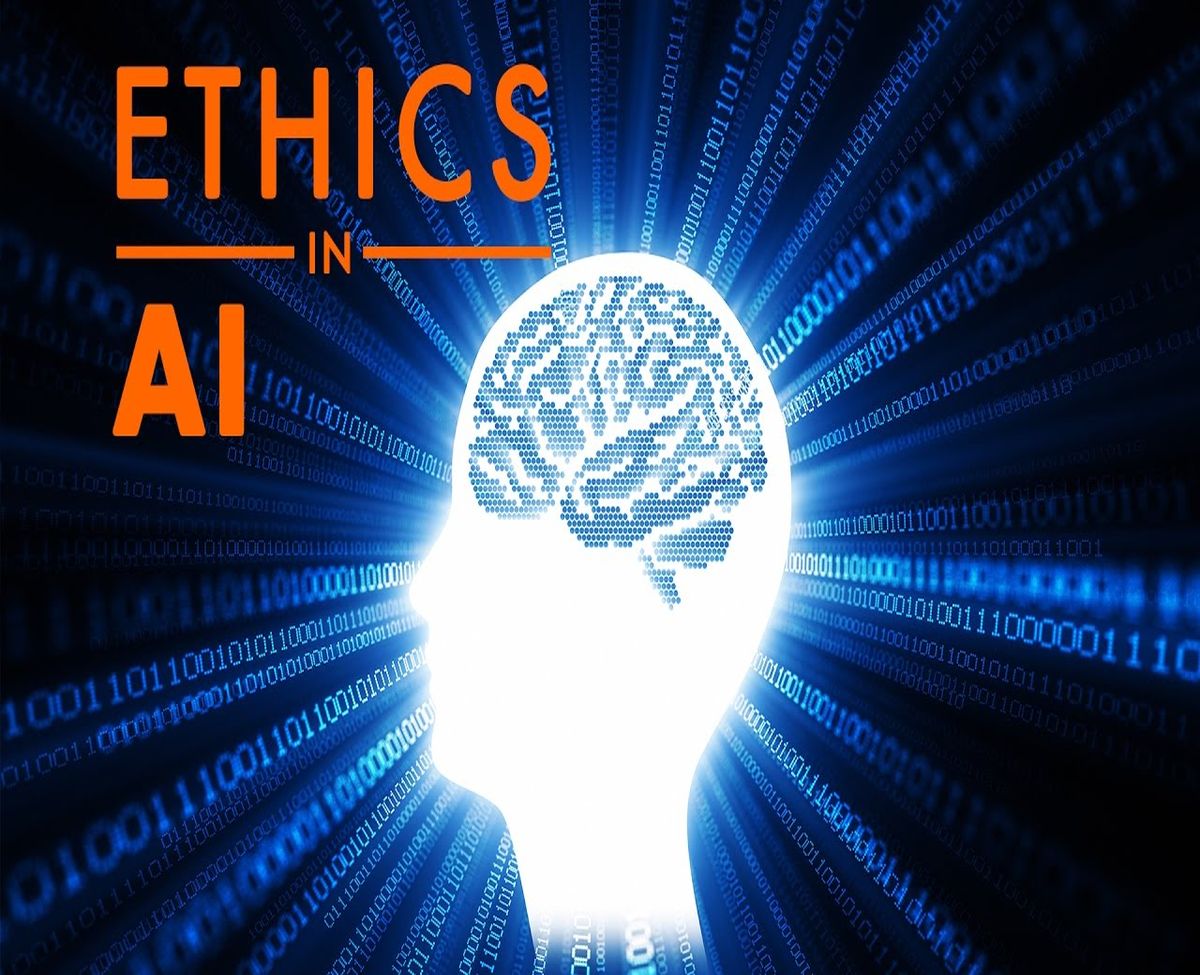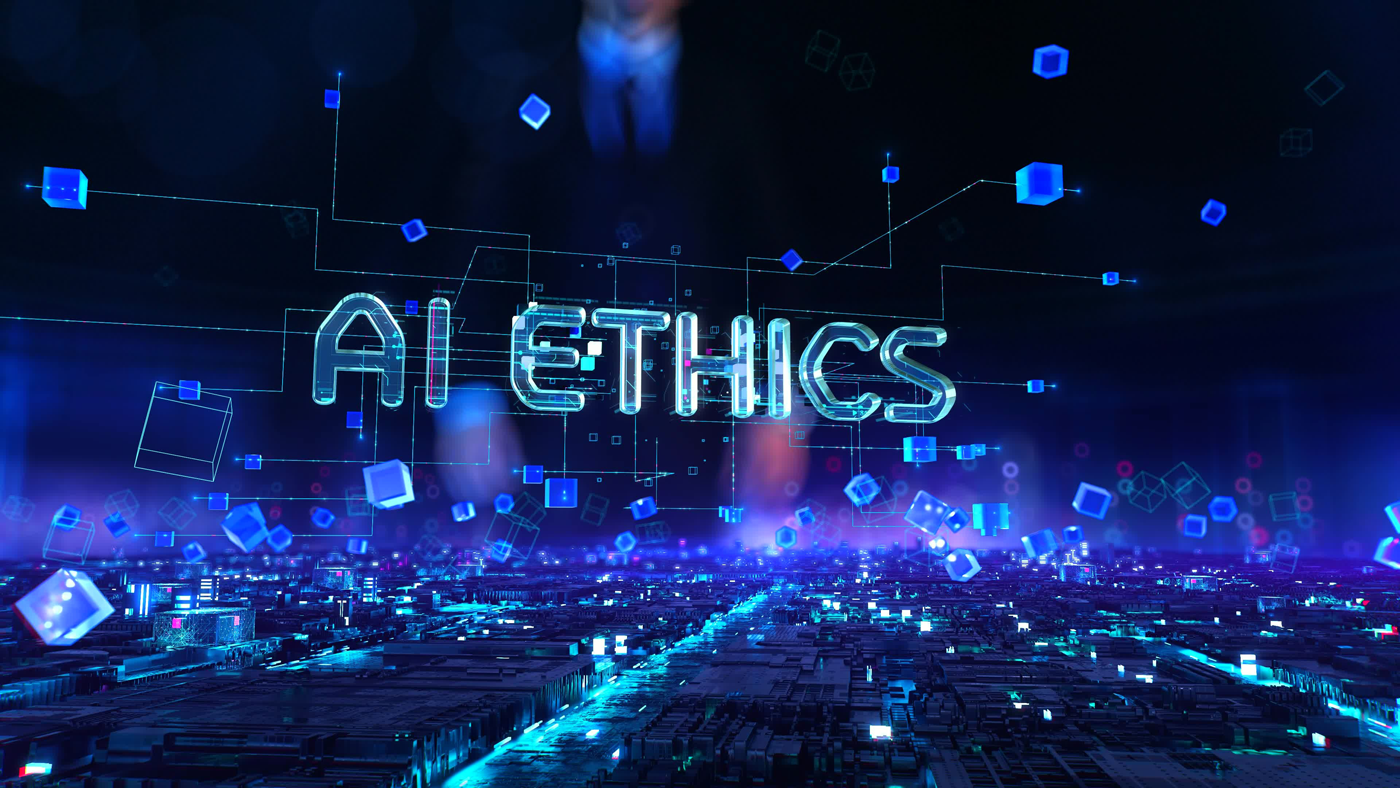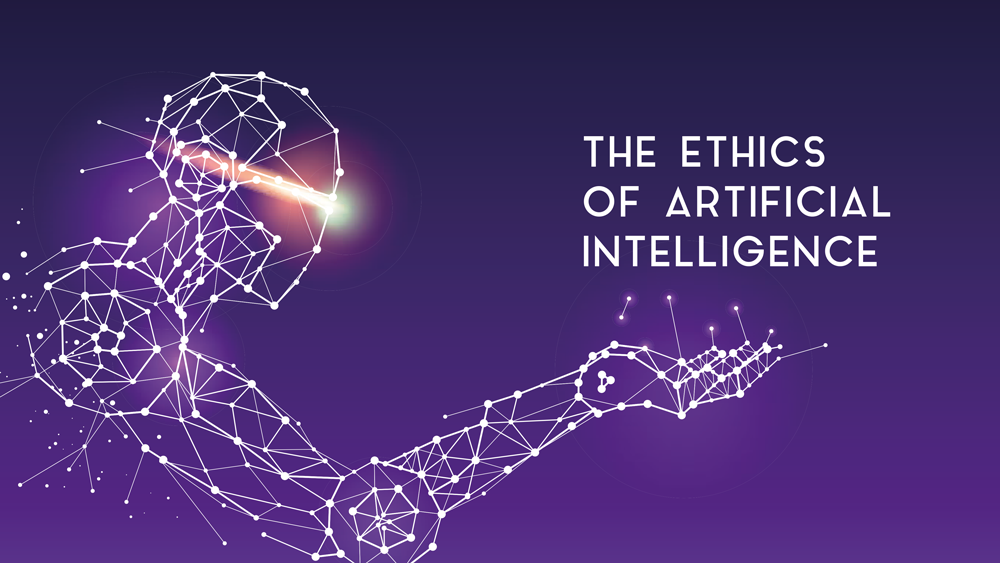Artificial intelligence (AI) has become one of the trendy innovations that is continuously changing the world. Thus, it is important to learn its ethics to have a smooth experience in the world of AI.
The rise of big data has pushed companies to prioritize automation and data-driven decision-making. Nonetheless, there have been some unfolding deviations from the intended outcomes with the application of artificial intelligence, resulting from poor research design and the use of data acquired from biased sources.
In an attempt to resolve the issues of ethical backdrop, the data science and research communities have proposed guiding rules, backed and endorsed by leading firms in the AI space, the breach of which might result in legal and reputational repercussions.
With the rapid growth of technology, the emergence of government regulations in areas such as AI is expected and scheduled. These regulations are expected to serve as protection of civil liberties and human rights.
Artificial intelligence technologies have proven to massively affect our daily lives and societies. Nonetheless, they also present many legal and social challenges that make it essential to explore the social, ethical, and legal implications of AI networks.
AI Ethics Explained
AI ethics is an integration of two concepts, ethics and AI. A basic knowledge of the two concepts offers a better understanding and insight into the integration which is critical for those who are directly involved with developments in AI and those who make or want to use AI technologies.
Artificial intelligence is a technology that lets a computer act similar to how humans act and think. This is mainly done with the application of logic-based techniques, and deep and machine learning to automate repetitive tasks, interpret and read events, as well as complete actions with minimal intervention from humans.
On the other hand, ethics is a branch of philosophy that studies the right and wrong in human actions. It looks to answer questions about what is good or what might be bad in an attitude or action.
AI ethics comprises a framework of principles and guidelines that shape the intentions and goals driving the development and consequences of artificial intelligence. Given that individuals often harbor biases, which are mirrored in their actions and the data they generate, it is crucial to remain mindful of these biases when crafting algorithms.
This is because AI, heavily reliant on data, possesses the potential to not only amplify but also disseminate these biases on a massive scale.
Related: Experience Eternity: Your AI-Powered Twin Offers Immortality
Ethical Challenges Of AI
The ethical landscape that surrounds AI comes with multiple challenges that demand careful consideration and proactive measures some of which include:
- The imperative of explainability – if artificial intelligence systems fail, it is crucial to be able to track the complex chain of algorithmic processes and data flows to determine the cause. Thus, organizations that utilize AI technologies need to have the ability to explain the origin and outcome of their data, highlight the functionality of their algorithms, and offer objective reasoning behind their actions. CTO and co-founder of AI Clearing, Adam Wisniewski, highlights the need for AI to show a high level of traceability to guarantee that any resulting harm can be traced back to its main cause.
- Responsibility – The issue of accountability intensifies with AI-driven decisions, posing risks from financial losses to threats to life and health. Establishing responsibility involves legal experts, regulators, and the public, particularly challenging when AI systems, while safer than humans, can still raise ethical concerns, as seen in autonomous driving systems.
- Fairness might become a crucial concern, mostly in datasets that have personal information. Hence, guaranteeing that biases related to gender, race, or ethnicity are absent is crucial. The ethical utilization of AI needs a major commitment to fair treatment and the elimination of discriminatory practices in data sets.
In addressing the issues, the benefits of ethical AI practices become bare. Accountability creates fair treatment promotes inclusion and trust, and a proactive strategy for the mitigation of risk during the design phase guarantees that the positive impact of AI is maximized and possible harm mitigated.
Key Principles OF AI Code Of Ethics
An AI code of ethics is a set of guiding rules that define the principles and values that need to be accepted in the development and application of artificial intelligence. The codes are mostly developed by institutions and organizations, such as companies, governments, and universities, and they are used to guarantee that AI is developed and used responsibly and ethically.
Many topics are covered by AI codes of ethics, some of which make up the main principles that are highlighted here below:
- Transparency and accountability.
- Fairness and equity.
- Safety and reliability.
- Privacy and security.
Ethical AI Organizations
Ethical AI organizations are groups that boost the responsible and ethical development and use of artificial intelligence. They can be made up of companies, individuals, universities, among others.
Although there are different ethical AI organizations, they all seem to share a common objective is to guarantee that artificial intelligence is utilized in a manner that serves the good interests of humanity and does not result in any harm.
Related: Will AI Reinvigorate Our Approach to Productivity?
The organizations try to achieve the objective by developing ethical guidelines for the use and development of AI, doing extensive research on AI ethics, and pushing for policies that promote the ethical use of AI.
The organizations influence the development and utilization of artificial intelligence technologies in several ways. Furthermore, they do research on AI ethics, which assists with the identification and resolution of ethical challenges linked to the development and use of AI.
By creating ethical guidelines, doing research, and advocating for policies, ethical AI organizations play an integral role in influencing the use and development of AI technologies.
The Takeaway
While AI offers promising prospects and benefits for Humans, many underlying consequences from its application and development may have far-reaching implications if the activities are not done under some recognized and industry-specific guidelines.
This creates the essence of the concept of AI ethics, which forms a theoretical awareness and advocates the creation and use of artificial intelligence in a responsible manner that benefits humans.










